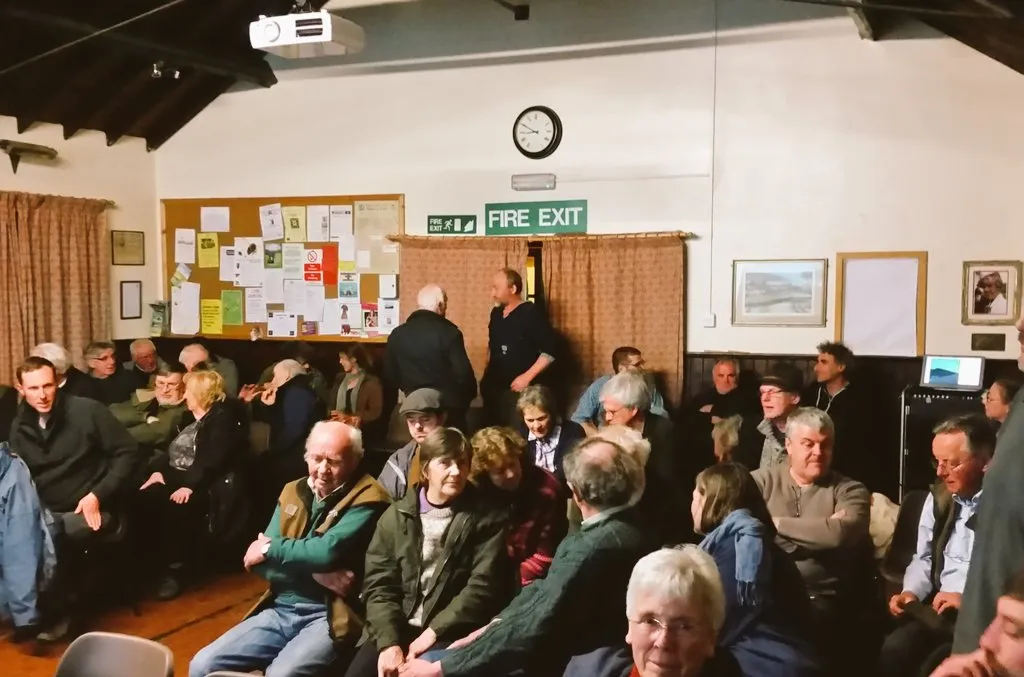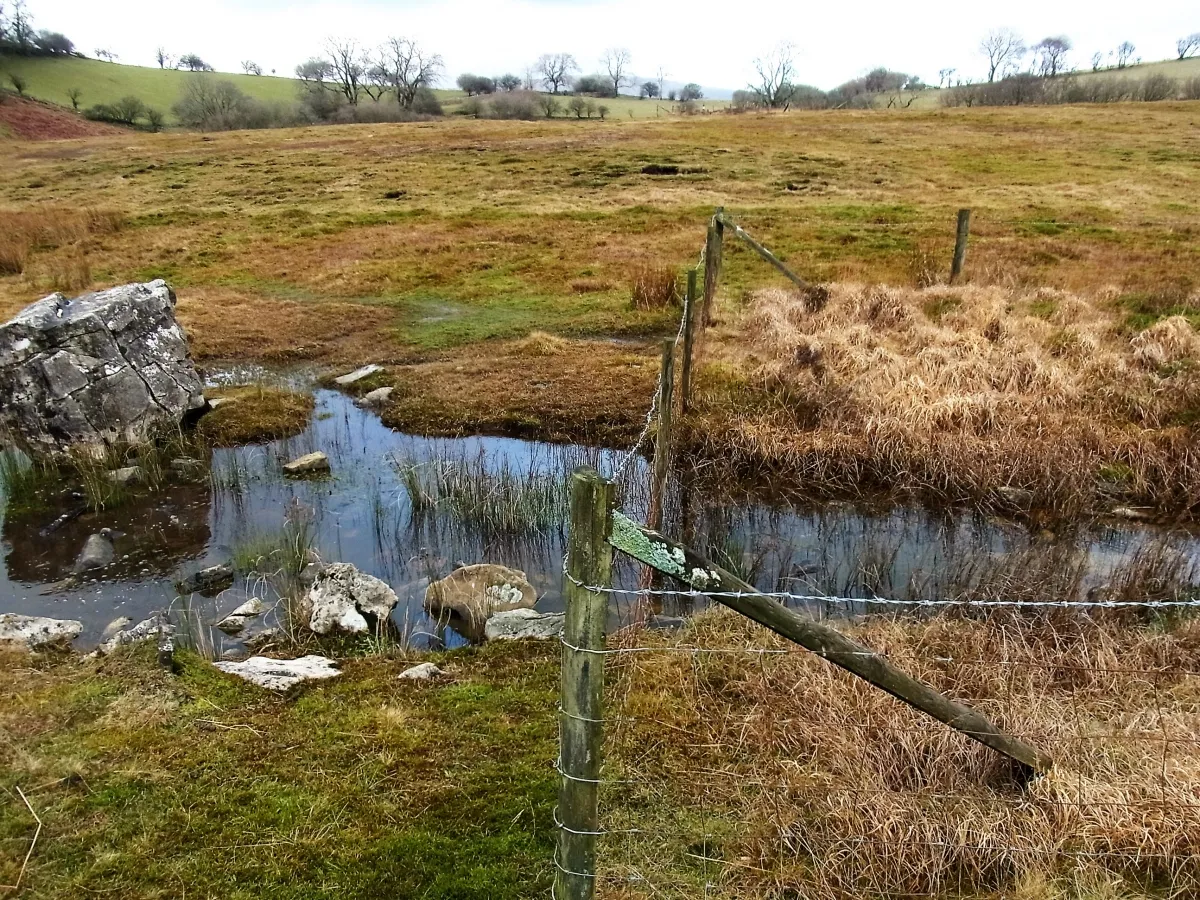The lanes had turned to muddy streams and I’d long lost Radio 4 by the time I pulled up to Cwmyoy Village Hall deep in a Black Mountains valley in the Brecon Beacons National Park. Having followed the satnav through this wild landscape, I’d arrived to hear what its inhabitants had to say about it becoming even wilder, if ideas about rewilding really take hold.
About 50 people living, retiring or working in the area – from farming and forestry to tourism and conservation – turned up to hear rural commentator and nearby resident Rob Yorke outline the pros and cons of giving Britain’s uplands back to nature, and hopefully have some healthy debate.

Staunch supporters of rewilding, such as Springwatch presenter Chris Packham and Guardian journalist George Monbiot, would like to see wolves, lynx and other species bring what they claim is much-needed balance back to the countryside.
The media focus tends to be on the wild animals; they make better headlines than the less sexy side of rewilding, like fencing out sheep to let barren land become scrub, providing ground cover for animals and birds and preventing flooding downstream. But it was this latter part of the process that we were there to talk about. The people making a living from the land would be most affected by the change of use, and much of it starts and ends with Common Agricultural Policy.
The vast majority were surprisingly pragmatic and open to it. Some even claimed it doesn’t make much difference what the subsidies are for, so long as they are paid. This ability to adapt is “What farmers have always done,” says one. Whether it’s sheep, rewilding or yurts for tourists, “It’s still farming.”
A well-spoken lady with an English accent argues that farmers have always reacted to the market, as they did following WWII during the increased demand for food production. A man recalls how 20 years ago they were told to plant trees, 10 years later to cut them down – now they might be planting them again. “Tell us what you want us to do and pay for it,” someone says, addressing the invisible politician in the room. Other voices reflected this openess to explore change:
“If you’re going to rewild it, someone still has to manage it.”
“You have to go along with it or you’ll go out of business.”
“You’ve got to farm it to keep people on the land.”
A few are resistant, but mostly because they resent having change forced upon them. “Rewilding and farming need to work together,” says a middle-aged local man from the back of the room. “Farmers are businessmen – or women; they follow the policy because it’s a business decision. They are flexible, but they need to be involved in the decisions.” And they obviously care about the land: “If you own a piece of land you have a responsibility to it,” says one of several female farmers in attendance.
A representative from the Wye and Usk Foundation, an angling organisation that looks after the streams and rivers in the area, tells us that rewilding is “letting nature do the hard work for you,” and in some places it’s already happening, as sheep farming becomes increasingly unprofitable. “Rewilding is a consequence of a lack of farming,” he says.

A farmer with a bright white beard and the red cheeks of someone who’s spent a lifetime on the side of a Welsh hill, wants to know if we can pick and choose different aspects of rewilding. He would welcome reintroducing a predator like the pine marten, for example, if it sorted out the grey squirrels. But it shouldn’t get special treatment, he adds: “Cull it, hunt it, manage it,” is met with nods and murmurs of approval.
Rewilding often polarises opinion, which can muddy productive debate. Rob Yorke believes that dialogue between conservationists, policy makers and farmers is essential to finding a compromise. "Conflict is not unwelcome. We must not fear its connotations,” he wrote recently in The Field. “It’s integral to conservation. It raises issues that might not otherwise reach public attention."
Inside the village hall is a plaque on the wall that reads: “By agreement small things grow, by discord the greatest go to pieces.” It seemed quite appropriate.
Rachael Stiles is a freelance writer and editor.
Rob Yorke will be discussing rewilding at the Hay Festival with Minette Batters, NFU Deputy President; Julia Aglionby, Executive Director of the Foundation for Common Land; and Sophie Wynne-Jones, trustee of the Wales Wild Land Foundation.
For more information…
